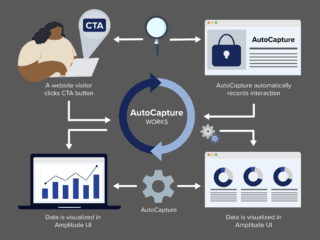My apologies. Not only is today’s headline a blatant lie, but it isn’t even a good example of reciprocation. (I was just testing to see if you’d notice.)
Reciprocation (at least the meaning I intend) refers to the feeling of indebtedness that we experience when someone gives us something or does us a favor. My headline simply presents a (bogus, shameless and despicable) conditional offer. That’s not reciprocation, that’s bribery!
Conditional offers can work well: I suspect if I truly and credibly offered $1,000,000 (or even $100) to everyone who attended my webinar, I’d get a pretty good turnout. But in many circumstances, reciprocation actually works better than conditional offers.
Robert Cialdini and his collaborators** ran an experiment in a hotel. They tested two messages, intended to motivate guests to re-use their towels. The two messages read as follows:
- “If you reuse your towel, we’ll make a charitable donation on your behalf.”
- “We have made a charitable donation on your behalf. Please reuse your towel.”
Note that the first message is a conditional offer (like my egregious headline).
The second is a completed gift, and therefore invokes the nagging feeling of indebtedness that defines reciprocation.
Which worked better? No contest. The first message (the conditional offer) had no effect whatsoever. The second message (the completed gift) increased towel re-use by 45%.
We’ll discuss this study – and a whole lot more – in my FREE WEBINAR, July 29 at 10:00. And (mainly just for fun, I admit) we’ll also deal with the flipside of reciprocation: revenge!
Don’t miss it.
* Not really.
**Goldstein, et al. (2008) “Yes! 50 Scientifically Proven Ways to Be Persuasive” Free Press. ISBN-10: 1416570969

















